| |
Home
Famous and Fascinating Women in History
Frontiersmen and Women
The World's Greatest Composers
Famous Women Spies
Great Authors of the World
Generals and other Noteworthy People
from the Civil War
The Presidents of the United States
The First Ladies of the United States
Homes and Monuments of and to
Famous People
Historical People and Events by Month for Each Day of the Year!
Famous Figures in Black History
The Calvert Family and the Lords Baltimore
Understanding the American Revolution and its People
Everything Beatles!
Everything Maryland! |
| |
|
 
|
|
 |
 |
 |  | 
John Tyler and Sherwood Forest
By John T. Marck
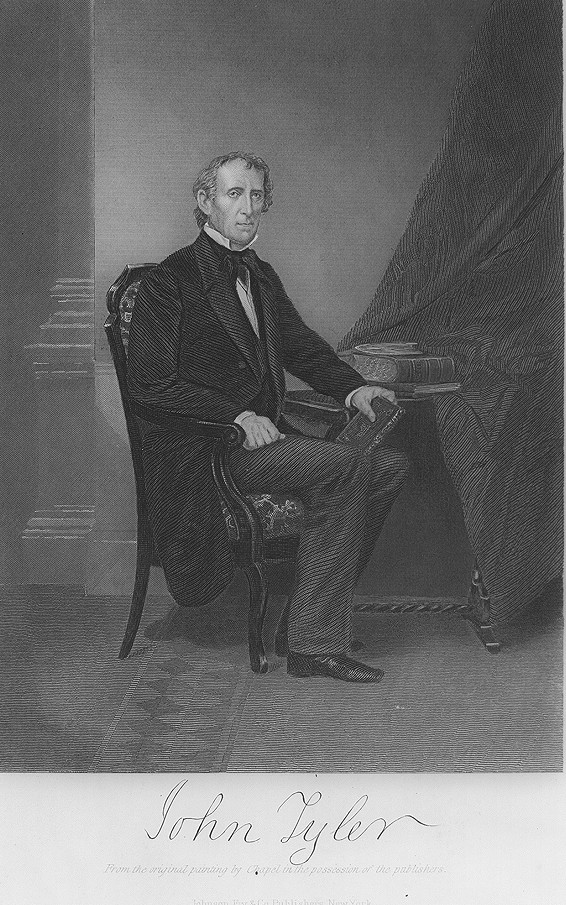
John Tyler is known as the nation's first "President by an act of
God." William Henry Harrison, his predecessor, at his inaugural, gave
a rambling two-hour speech outdoors in freezing weather without his
coat and hat. One month later he was dead.
Tyler, who had returned to his
Virginia plantation after the inaugural was rushed to Washington
following the death of Harrison, to fill the vacant presidency.
Because no President had ever died in office before, some believed
that Tyler was merely an acting or interim President. But they would
be wrong. Tyler firmly asserted that the Constitution gave him full
and unqualified powers of office and had himself sworn in immediately
as President, which by doing so, settled a critical precedent for an
orderly transfer of power following a President's death.
Tyler feared that he may alienate
Harrison's supporters, thus he decided to retain his entire cabinet,
even though several members were openly hostile to him, and resented
his assumption of the office. When President Tyler vetoed a bill to
resurrect the Bank of the United States, his entire cabinet resigned
in protest, with the exception of Secretary of State Daniel Webster,
as he was in the midst of negotiations with Great Britain. During
Tyler's second year in office, the Whigs, led by Henry Clay, expelled
him from the party and tried to have him impeached. Unsuccessful in
this, the Whigs settled for one of their committees passing a
resolution of censure against Tyler.
John Tyler was born on March 29,
1790 in Charles County City, Virginia, as was William Henry Harrison.
Like Harrison, Tyler was the son of a planter-politician who served as
governor of the state.
After graduation from William and
Mary College at the age of seventeen, Tyler studied law and was
admitted to the bar at nineteen. Within two years he began his
political career by winning election to the Virginia Legislature.
In 1813 he served briefly as a captain of militia, and on his 23rd
birthday, married Letitia Christian. He and Letitia had eight children
and enjoyed a marriage that lasted thirty years, until her death in
the White House in 1842.
The voters of Virginia bestowed
every honor on the likable Tyler, whom for relaxation, played the
violin and wrote poetry. At the age of 26 he was elected to
Congress, and at 35 he became governor. One year later he would be
elected as a US senator.
Originally a supporter of Andrew
Jackson in the election of 1828 and 1832, Tyler broke away from him
over the issue of secession and nullification... Tyler was the only
senator to vote against the Force Bill that gave the President the
authority to use military force, and if necessary to collect federal
revenues, a threat that was aimed by South Carolina nullifiers. Later
that year Tyler voted with the majority of senators to censure Jackson
for withdrawing federal deposits from the Bank of the United States.
In 1836, Tyler was instructed by
the Virginia legislature, which was controlled by supporters of
Jackson, to vote for a resolution expunging the censure of Jackson
from the Senate record. Tyler refused, and rather than comply,
resigned his senate seat. This gave rise to the Whigs that the
disaffected Democrat would be a strong candidate for vice-president.
Even though the Whigs lost the election in 1836, Tyler did make a good
showing, gathering 47 electoral votes.
In 1838, Tyler won the election to
the Virginia legislature as a Whig, and received the honor of being
chosen as Speaker-of-the-Lower House. The following year he was
unsuccessful for his bid for re-election to the US Senate, and the
voting ended in a temporary deadlock with no one selected to fill the
vacancy.
In December 1839, at the Whig
National Convention in Harrisburg, Pennsylvania, Tyler was nominated
for Vice President as the running mate for William Henry Harrison.
The "Tippecanoe
and Tyler Too"
victory made Tyler Vice President, and one month later to his
astonishment and that of others, he was President.
It was Tyler's plan as Vice
President to take no part in discussions concerning cabinet
appointments and as well to play an unobtrusive role in the
government. These plans of course were short-lived, as he was
roused from his bed at dawn on April 5, when he learned of the news of
Harrison's
death.
While Tyler made it clear who was
boss, Henry Clay and other Whig leaders were confident they could
control him by the majority they held in both houses. He refused
to accept that all decisions be put to a majority vote, saying,
"I
can never consent to being dictated to."
When the special session convened in May to address the national
economic crisis, Clay began pushing through legislation for a new
national bank, even though Tyler warned that he believed this to be
unconstitutional. When Tyler vetoed the measure that August,
Clay was enraged because he did not have the votes to override the
veto. It was this event that gave rise to the resignation of his
cabinet, except Webster, and two days later, the Whig party expelled
Tyler.
Beleaguered, Tyler replaced his
Cabinet with conservative Democrats, starting a chain of appointments
that gave Tyler the distinction of having more Cabinet changes that
any other single-term President. Congress continued to pass
legislation that it knew Tyler would accept. In the summer of
1842, Tyler twice vetoed bills that called for higher tariffs,
bringing cries from the Whigs that he should be impeached. With the
public treasury almost empty, he signed a tariff measure to raise
needed revenue, but this did not stop the impeachment attempt. This
was brought to a vote in the House in January 1843, but was defeated
27 to 83.
Tyler's administration was more
successful in foreign relations than domestic affairs. One of his
achievements, with the help of Daniel Webster was the conclusion of
the Webster-Ashburton Treaty that settled a
long-standing dispute over the boundary between Maine and Canada.
Another achievement was the 1844 treaty with China that opened trade
with American merchants.
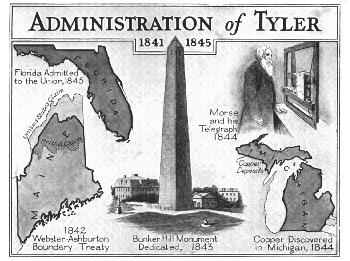
In February 1844, an unusual
tragedy struck his administration. President Tyler and a large party
of friends were on a cruise down the Potomac River on the newly
powered steam warship Princeton. Suddenly one of the
ship's
guns exploded, killing several of the guests, including Secretary of
State Abel B. Upshur and Secretary of the Navy Thomas W. Gilmer.
Among the guests on the cruise was
a 23-year-old New York socialite named Julia Gardiner, whose family
owned 3,000-acre Gardinerís Island off the eastern tip of Long Island.
Julia had already shocked society by letting her be pictured in
newspaper advertisements endorsing a dry goods store. Julia's
father, David Gardiner was one of the guests who were killed in the
explosion. After the tragedy, it was Tyler himself who carried Julia
off the warship to the safety of a rescue ship, winning her heart in
the process. Four months later, 54 year-old Tyler married Julia in a
private church ceremony in New York City. Although Tyler enemies
laughed at the May-December marriage, it was a long and happy one,
with whom he had seven children.
When the election year of 1844 came
around, Tyler found himself in the unusual position of having no party
to nominate him for re-election, so he organized the new
Democratic-Republican party and campaigned on the issue of obtaining
the annexation of Texas, an issue opposed by Clay, the Whig nominee,
and Van Buren, the person who seemed likely to be the Democratic
nominee.
But then the Democrats nominated
James K. Polk, one who favored the Texas annexation, so Tyler withdrew
at the urging of Andrew Jackson, which in turn insured Clay's
defeat and the election of Polk.
Following Polk's
election, Congress passed a joint House-Senate resolution approving
the annexation of Texas, and Tyler signed it on March 1, 1845.
On this day in office March 3, Tyler also signed legislation admitting
Florida as the 27th state. Also on March 3, an event
occurred that was the first time in history that a presidential veto
had been overridden by Congress. By a vote of two-thirds of the
House, they overturned a minor piece of legislation concerning the
building of revenue cutters.
Sherwood
Forest and Tyler's
Last Years
For many years, Tyler enjoyed the
pleasant life at his Charles City County estate, known as Sherwood
Forest, so named by Tyler for his Robin Hood type demeanor, as a
political outlaw.
Sherwood Forest Plantation has been
in continuous residence of the Tyler family since the President
purchased it in 1842. Known as the longest frame house in America, it
is over 300 feet long. Elegantly furnished with Tyler's
possessions, it reflects the lifestyle of this mid-19th century
Presidential family. A beautifully wooded landscape that
consists of 25 acres of terraced gardens, serene woodlands and lawn
and 12 dependencies surround the former President's
home.
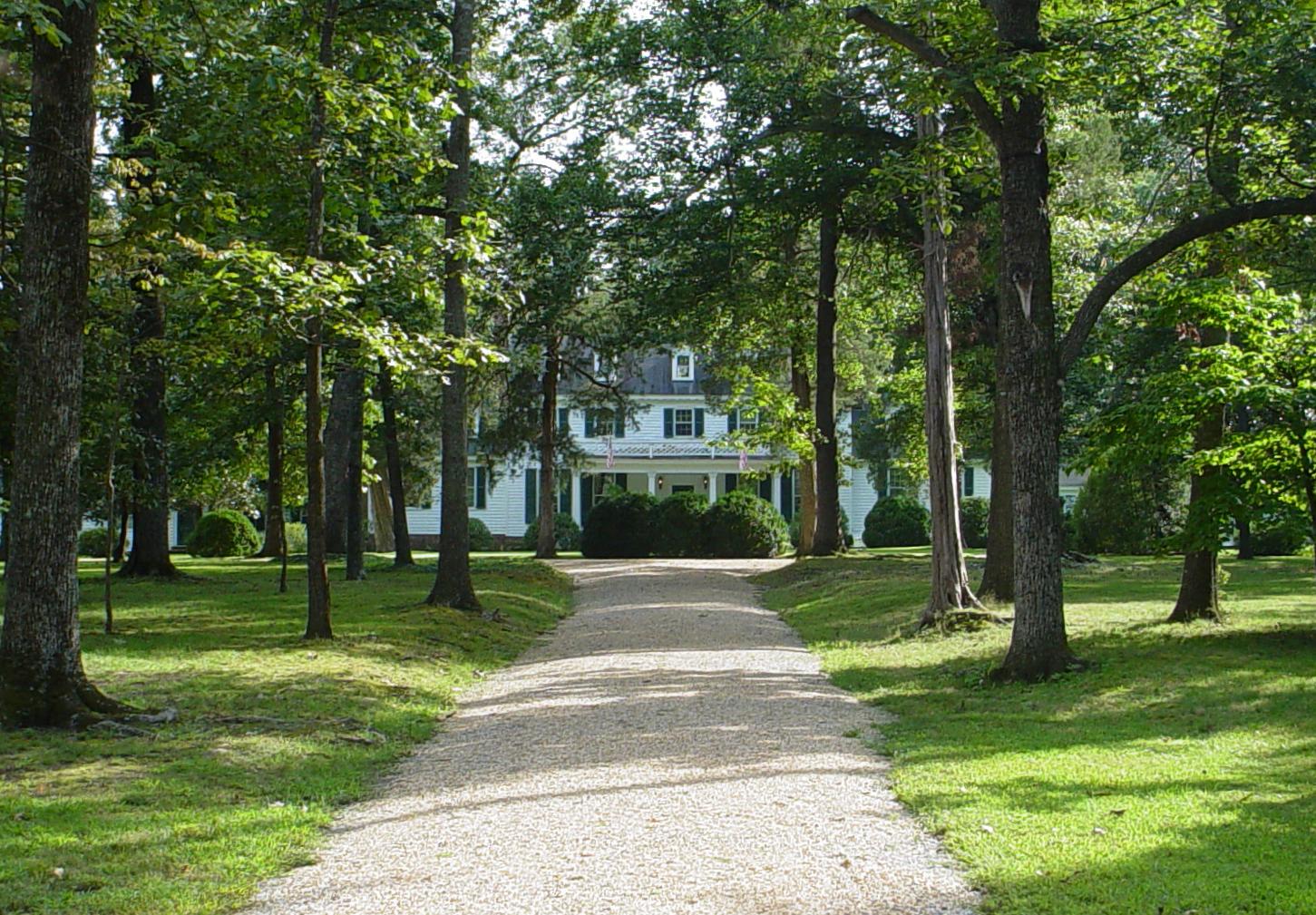
The plantation was first recorded
in a 1616 land grant, and was originally known as Smith's
Hundred. The house, circa 1720 is a classic example of Virginia's
Tidewater design; a big house, little house, colonnade and kitchen.
William Henry Harrison inherited part of the current Sherwood Forest
Plantation in the late 18th century. It had several
owners before Tyler purchased the home and its
surrounding 1,600 acres in 1842. He bought the plantation from his
cousin, Collier Minge, while he was still in the White House, and gave
it its name while still President.
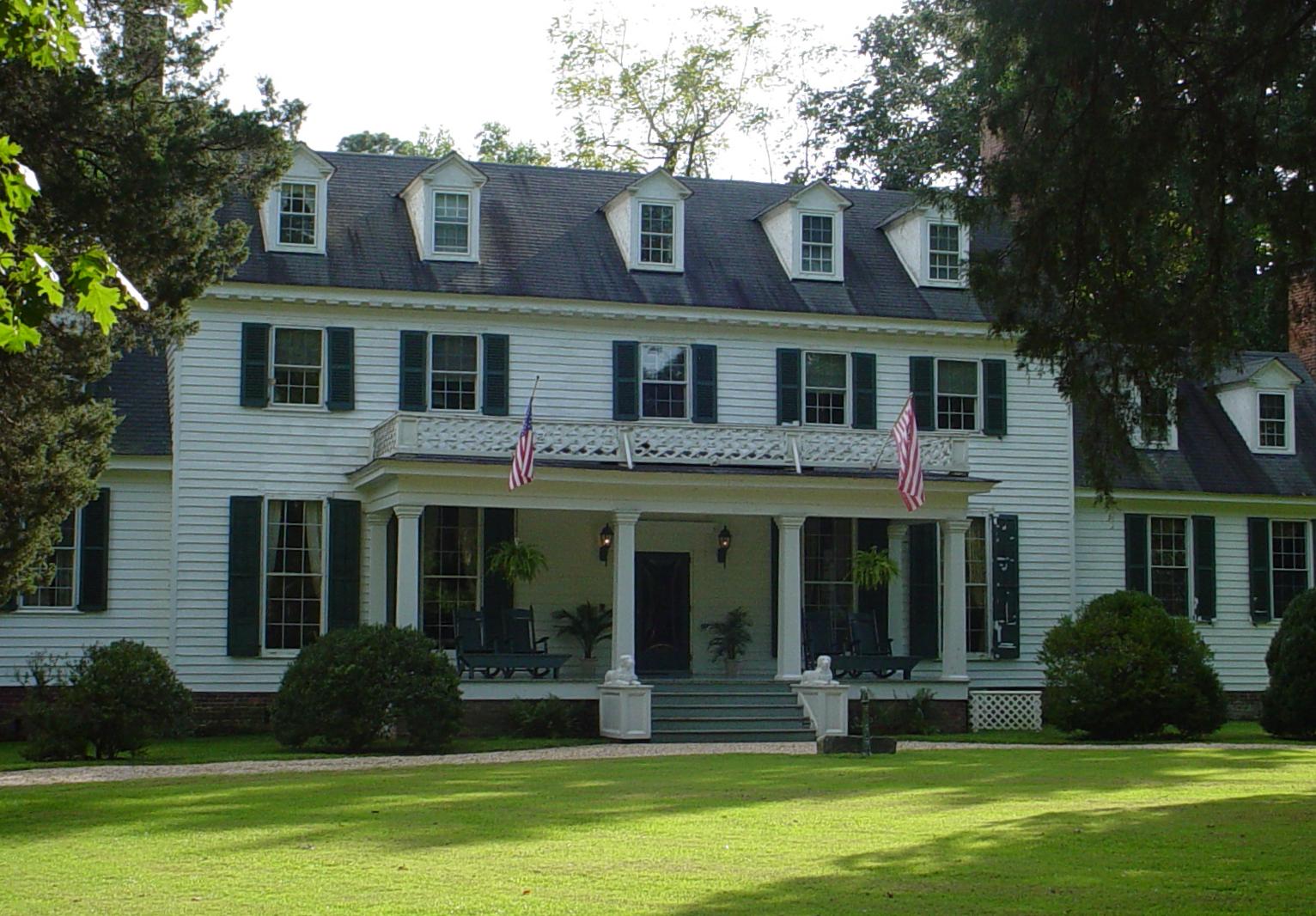
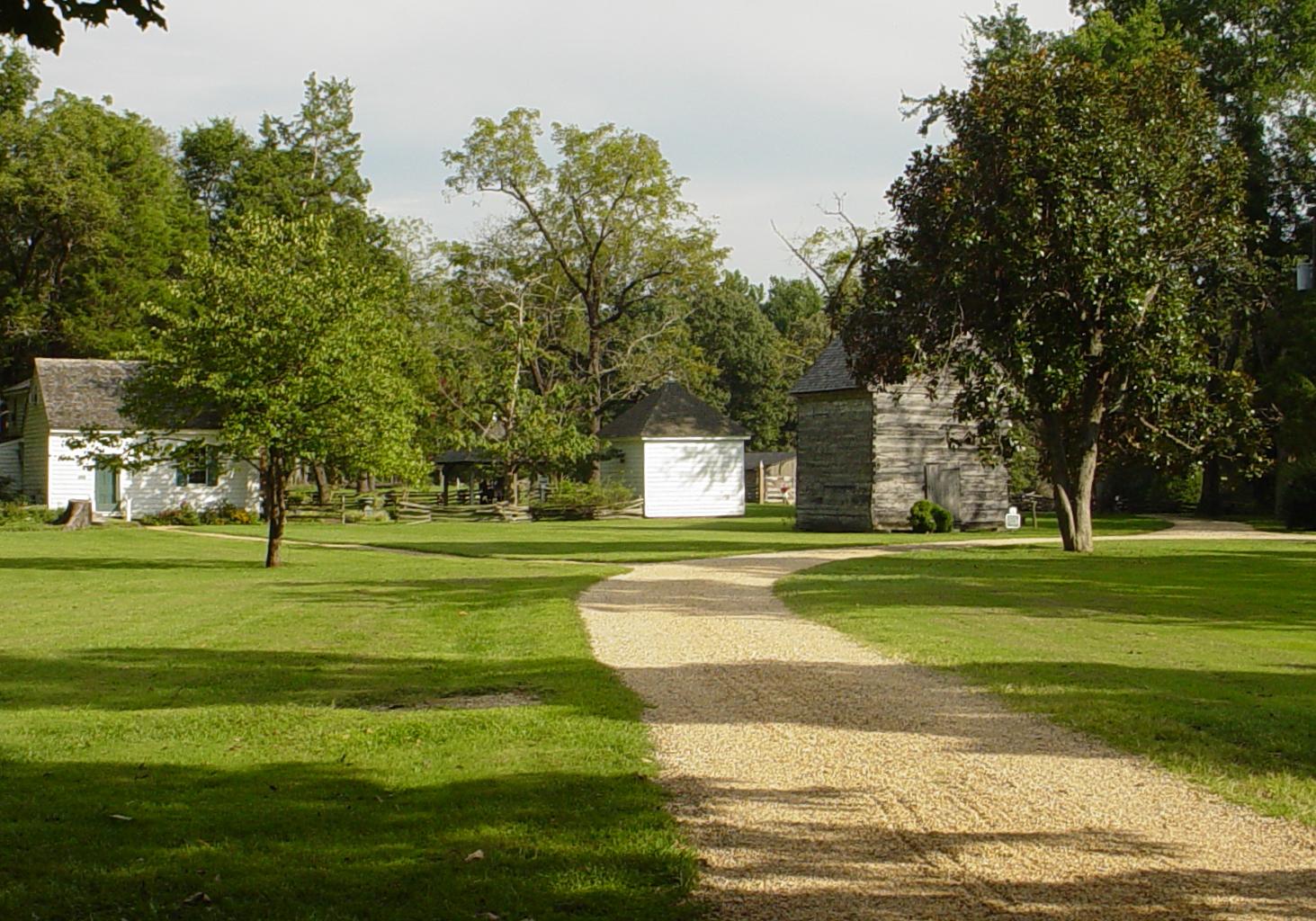
Today, the President's
ancestors Harrison Tyler, and his wife Payne reside there. Known
as the longest frame house in the US, Tyler expanded it to over 300
feet in length by adding a 68-foot ballroom catering to the popular
dance of the time, the Virginia Reel. Sherwood Forest Plantation is
considered one of the most complete plantation yards left in America,
dating from 1680.
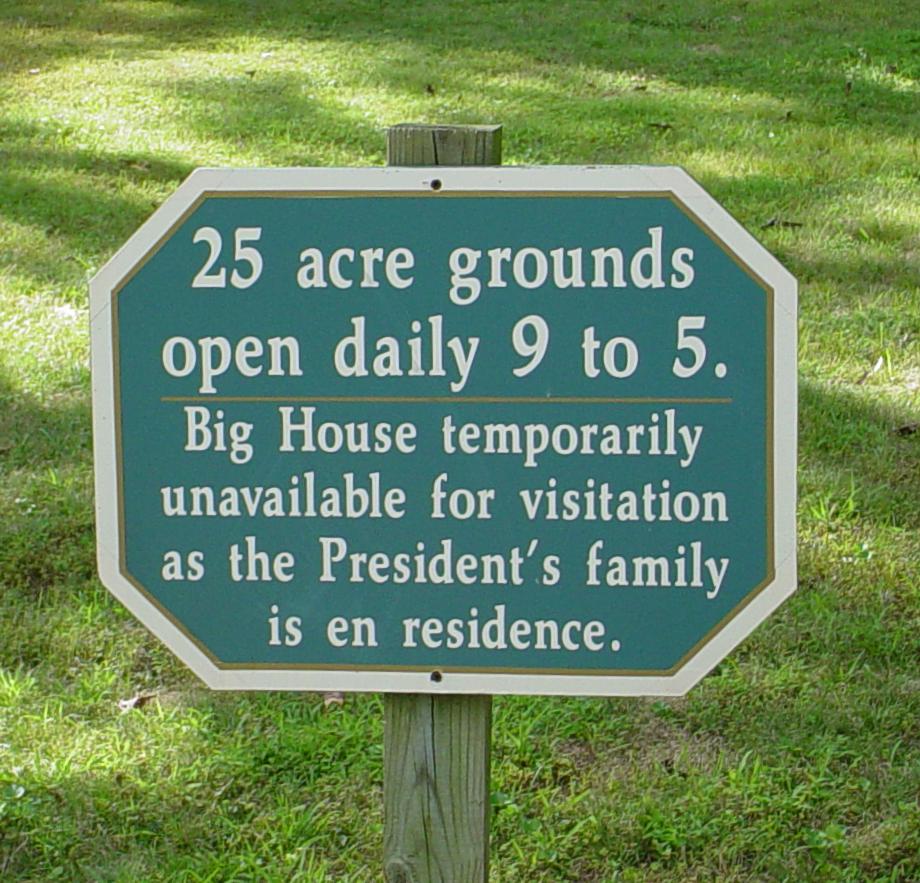
Also of interest here is the legend
of the "Gray
Ghost,"
who at times occupies the spacious rooms that include a family room.
This two‑hundred plus year‑old lady, legend says, descends a hidden
staircase each night and rocks till dawn in a non‑existent rocking
chair. Seen by Payne Tyler in the past, she has had
"talks"
of understanding with the "gray
lady,"
basically saying that there is in effect, room for all of the
residences at the house, and that she is not leaving. This "talk"
seemed to work, as she has not seen the
"ghost"
lately.
Tyler involved himself in pre-Civil war ideals, urging the state of
Virginia to join the other seceding states. In November 1861,
Tyler was elected a Virginia representative to the Confederate
Congress. While preparing to attend the first session of the
Confederate Congress in Richmond, the 74 year-old former President
died in his hotel room a few minutes after midnight on January 18,
1862.
Quick
Biographical Facts:
JOHN TYLER
10th President
Term- April 4, 1841 to March 4,
1845
Whig Party
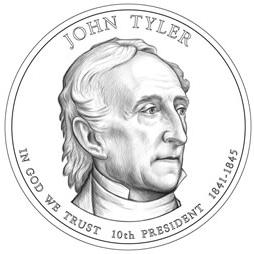
Birth:
"Greenway", Charles City County, Virginia, March 29, 1790.
Ancestry:
English
Marriages:
First
Marriage: "Cedar Grove", Plantation, New Kent County, Virginia, March
29, 1813 to Letitia Christian, who was born on Cedar Grove Plantation,
New Kent County, Virginia, November 12, 1790. Letitia died at
the White House, Washington, D.C. on September 10, 1842 and is buried
at Cedar Grove Plantation, Kent County, Virginia.
Second
Marriage: New York, New
York, June 26, 1844 to Julia Gardiner, who was born on Gardiner's
Island, New York, May 4, 1820. Julia died in Richmond, Virginia,
July 10, 1889 and is buried in Hollywood Cemetery, Richmond, Virginia.
Children:
(by first wife): Mary (1815-1848); Robert (1816-1877); John
(1819-1896); Letitia (1821-1907); Elizabeth (1823-1850); Anne Contesse
(1825-1825); Alice (1827-1854); Tazewell (1830-1874).
Children:
(by second wife): David Gardiner (1846-1927); John Alexander
(1848-1883); Julia (1849-1871); Lachlan (1851-1902); Lyon Gardiner
(1853-1935); Robert Fitzwalter (1856-1927); Pearl (1860-1947).
Home:
"Sherwood Forest", Charles City County, Virginia.
Religion:
Episcopalian
Education:
Local Virginia schools; graduated from William and Mary (1807)
Occupation
before Presidency:
Lawyer
Military
Service: Captain,
Volunteer Army (1813).
Pre-Presidential Offices:
Member of Virginia House of Delegates; U.S. Senator and
Representative; Governor of Virginia; Vice President.
Age at
Inauguration: 51
Tyler
Administration:
Vice-President: None; Inauguration April 6, 1841, Indian Queen Hotel,
Washington, D.C.
Occupation
after Presidency: Lawyer
Death:
Richmond, Virginia, January 18, 1862.
Cause of
Death: Bilious Fever at
age 71.
Place of
Burial: Hollywood
Cemetery, Richmond.
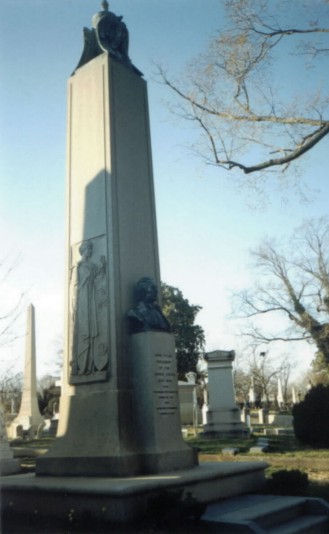
Interesting
Facts:
-
Tyler was the first Vice-President who succeeded to
the Presidency because of the death of his predecessor, William
Henry Harrison.
-
Tyler returned much of the mail he received unopened
because he objected to it being addressed to The Acting President.
At the time, many officials wanted him to use this title, being the
first Vice President to succeed a President who died in office.
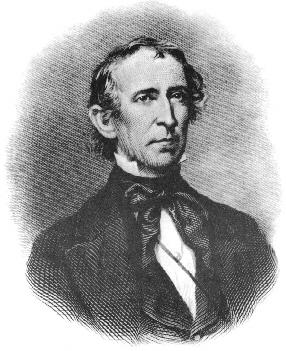
Copyright
©
1992-2022
by John T. Marck. All Rights Reserved. Informational
assistance from Sherwood Forest, Home of President John Tyler, 14501
John Tyler Highway, Charles City, Virginia, and The American
Presidents by David C. Whitney and Robin Vaughn Whitney
(Revisions), Copyright
©
1967, 1969, 1975, 1978, 1982, and
1985, Doubleday Book and Music Clubs, Inc. Additional
information from "The
Presidents of the United States,"
by John T. Marck. Photographs of Sherwood
Forest,
Copyright
John T. Marck
A
Splendid Time Is Guaranteed For All
| | |
| |

